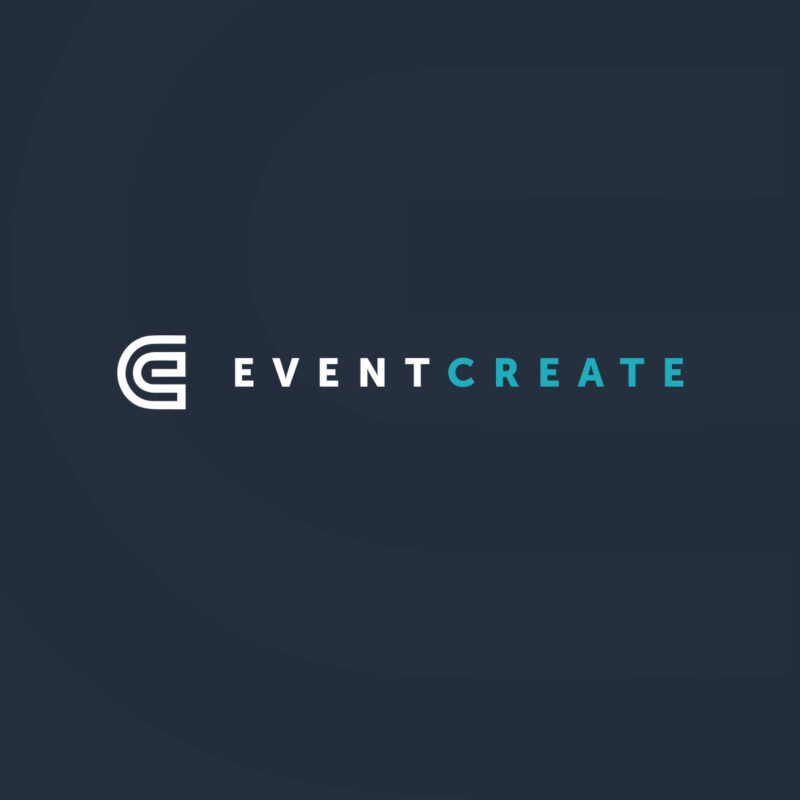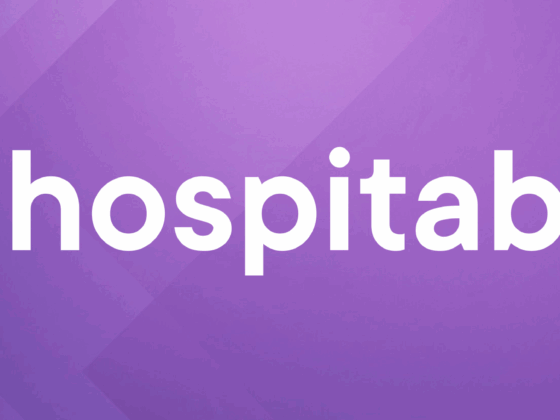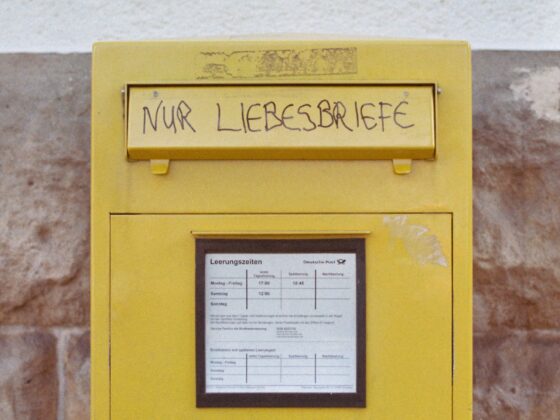If you’ve been anywhere near LinkedIn lately (including my profile), you’ve probably been hit by an alphabet soup of acronyms: AI, GenAI, AEO, GEO, MCP, A2A, and maybe even a mysterious “agentic something”.
Don’t panic. Let’s decode all of this (hotel-style) so you can finally nod along in meetings without needing a translator.
1. What Is AI?
AI (Artificial Intelligence) is basically software that can think a little.
Instead of following rigid, pre-coded instructions, it learns patterns and makes decisions — like your night auditor who’s seen every possible scenario and now just knows what to do.
In short: AI = computers that reason instead of just calculate.
You’ve already met AI. It’s behind your RMS (predicting rates), your chatbots (pretending to care about late check-outs), and your Netflix recommendations (because apparently you love “Emily in Paris”).
2. What Is GenAI?
Generative AI (GenAI) is the flashy cousin of traditional AI — it doesn’t just analyze; it creates.
Text, images, videos, code, you name it. The most prominent representative of this type of AI is ChatGPT, responsible for most of the buzz in the last few years because it was the first product publicly available to the mass market for free (leading to democratization of AI).
If traditional AI is your RMS generating your forecast, GenAI is your marketing intern writing your newsletter while sipping an oat-milk latte.

It’s what powers ChatGPT, Gemini, Claude, and all the other chatty robots that can write, design, summarize, and brainstorm faster than any human (but still occasionally make things up with great confidence).
3. What Is AEO (or GEO)?
Here’s where it gets relevant to your hotel life.
AEO (Answer Engine Optimization) or GEO (Generative Engine Optimization) is the new SEO.
In the old days, you optimized your website so Google would rank it high on page one.
Now, with AI search, guests no longer click ten links — they ask ChatGPT, Gemini, or Perplexity a question and get one single answer and maybe just a few recommendations.
Your mission: make sure your hotel is that answer.
So instead of chasing keywords like “best beachfront hotel in San Diego,” you’re optimizing for AI engines that think contextually — meaning your content must be clear, structured, verified, and trustworthy enough for an AI to quote it.
It’s like convincing the world’s most overachieving concierge to recommend you.
If you’d like to know how to make it happen (it’s actually not hard), go here: iravouk.com/aeo/
4. What Is MCP?
MCP (Model Context Protocol) is the new plumbing behind AI.
Think of it as a universal connector that lets AI systems securely access real-world data — rates, inventory, guest info, you name it.
Before MCP, every AI integration was custom — like trying to connect a European hair dryer in a U.S. outlet. Now, MCP is the “USB-C of AI,” a standard that allows any AI model (like ChatGPT) to connect to any data source (like your booking engine).
That’s why Expedia and Booking.com are already plugged into ChatGPT using MCP — so when travelers ask, “Expedia, find me a hotel in Paris next weekend,” the ChatGPT can actually show availability and prices pulling them from Expedia’s database.
Hoteliers, take note: you’ll want to be part of that conversation before the OTAs monopolize it (again). Talk to your booking engine provider and ask if they’re adapting to the MCP model.
5. What Is Agentic AI?
Agentic AI means AI that doesn’t just talk — it acts.
Traditional AI gives you answers. Agentic AI sets goals and gets things done.
It can plan, reason, and execute multiple steps without waiting for you to tell it what to do next.
In hotel terms:
- Regular AI = “Here’s how you can improve your RevPAR.”
- Agentic AI = “I went ahead and adjusted your rates, launched a campaign, and ordered croissants for tomorrow’s breakfast crowd.”
It’s AI with initiative — like a digital version of your best front-desk manager who quietly solves five problems before you even know they existed. In your personal life it may be your AI assistant talking to ladies on dating apps and setting up a date for you. All you need to do is show up.
This is still in its rudimentary stage but evolving fast. Currently, this is already possible through:
- ChatGPT Agent mode (still very clunky but will soon evolve into full-blown assistant)
- Building your own agent via Zapier or Make (pretty easy to do, even if you’re not a techy and never coded anything) and giving it an AI brain using one of the connections (for example OpenAI)
- Building your own agent using your own tech stack (if you’re a techy)
6. What Is A2A?
A2A (Agent-to-Agent communication) is when these smart agents start talking directly to each other — without you.
Your guest’s AI assistant could chat with your hotel’s AI to check rates, redeem points, and confirm an early check-in — all while you’re still trying to find your reading glasses.
It’s like your reservations department getting a call from a robot concierge that already knows your availability, loyalty rules, and upsell offers. Or, a personal life example: your AI assistant talking to other AI assistants on dating apps setting up dates for you. All you need to do is show up.
In short: A2A = direct machine-to-machine communication and action.
7. Bonus Term: MCP-Identity (MCP-I)
As agents start talking, they’ll need to know who’s who.
That’s where MCP-Identity comes in — a digital passport that verifies whether an agent is legitimate (the actual Hilton bot, not some hacker’s clone).
It’s basically SSL for AI — the trust layer that will make A2A communication safe and verifiable.
The Bigger Picture
So let’s recap your new AI vocabulary:
Why Hoteliers Should Care
Because this isn’t tech hype — it’s the next evolution of technology that affects all of us.
Soon, travelers will ask AI to book their trips, not search for them.
Whether they end up in your hotel or your competitor’s will depend on whether your data, content, and systems are ready for these new conversations.
So don’t roll your eyes at the acronyms. Learn them.
Because the next time someone asks, “How do we prepare for AI?”
You can smile and say, “Don’t worry — I speak fluent MCP.”










